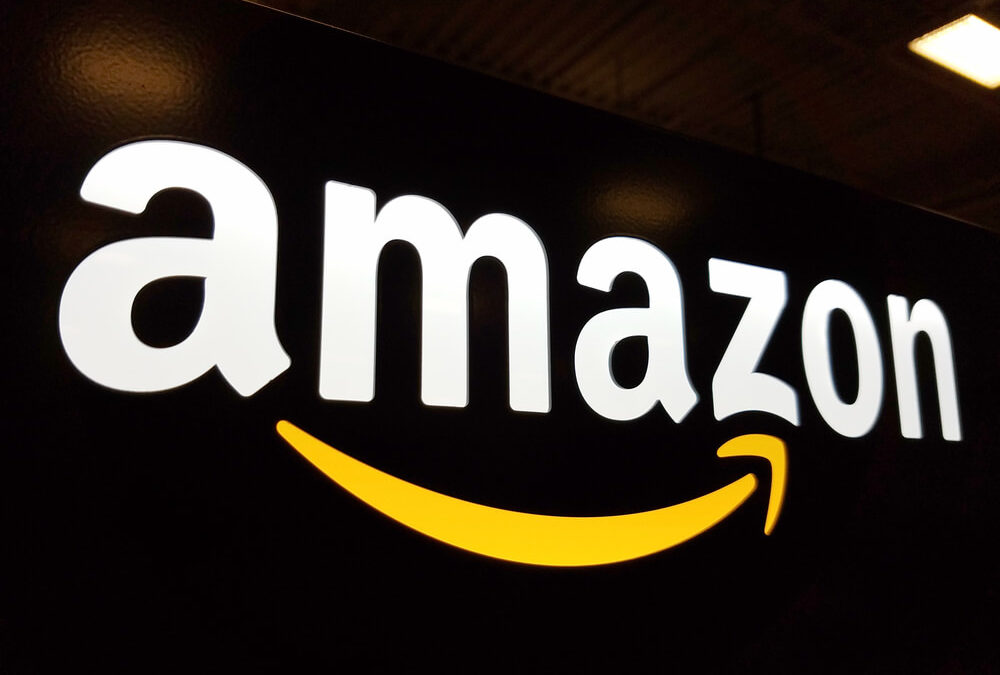Since 2017, Amazon.com Inc. has spent more than $20 billion in various acquisitions and investments — ranging from the $13.7 billion purchase of Whole Foods Inc. to several much smaller acquisitions.
But, it seems Jeff Bezos’ buying spree will start pumping the brakes as the government begins examining whether large tech companies run afoul of antitrust laws. The Federal Trade Commission — which has jurisdiction over Amazon — plans to also look at big tech and antitrust, according to The Wall Street Journal.
A lot of Amazon’s acquisitions of late have been in an effort to push the company into previously untapped foreign markets.
Amazon spent $586 million for Sonq, a Middle Eastern online retailer, and nearly gained controlling interest in India’s Flipkart. It lost out to Walmart, who spent $16 billion for 77% of that company, according to the Journal.
However, Amazon has branched out of its traditional online retail role.
With the Whole Foods acquisition, the online shopping giant became a player in the grocery sector. It has continued to grow its Amazon Web Services division to one of the largest cloud computing players in the world.
Let us not forget that it is the third-largest digital advertising company in the United States and, due to its Amazon Prime digital streaming capabilities, it is also becoming its own production studio.
However, it can be argued that Amazon’s spree will either slow or come to an end as the company — along with Facebook Inc. and Alphabet Inc. — comes under intense scrutiny, that includes the presidential campaign trail.
The argument is companies like Amazon have created monopolies within their online space.
The government’s approach to antitrust cases is similar to how the federal and state governments look to challenge the merger between T-Mobile and Sprint.
In order to fall under the radar and not pique the interest of presidential candidates like Sen. Elizabeth Warren (D-Massachusetts) — who has proposed breaking Amazon up in recent comments — Amazon’s spending will likely taper off.
Even if a lot of that spending has nothing to do with stamping out competition — in fact, in addition to trying to move into foreign markets, Amazon has also spent capital on expanding its warehousing capacity — Bezos and the company will likely revert to traditional deal-making which takes between 6 months to a year to complete.
To put that in perspective, their deal to purchase Whole Foods took a grand total of two months. The purchase of online pharmacy PillPack took just a few weeks to complete. But, that expediency is likely over … at least until potential antitrust probes come to an end.




